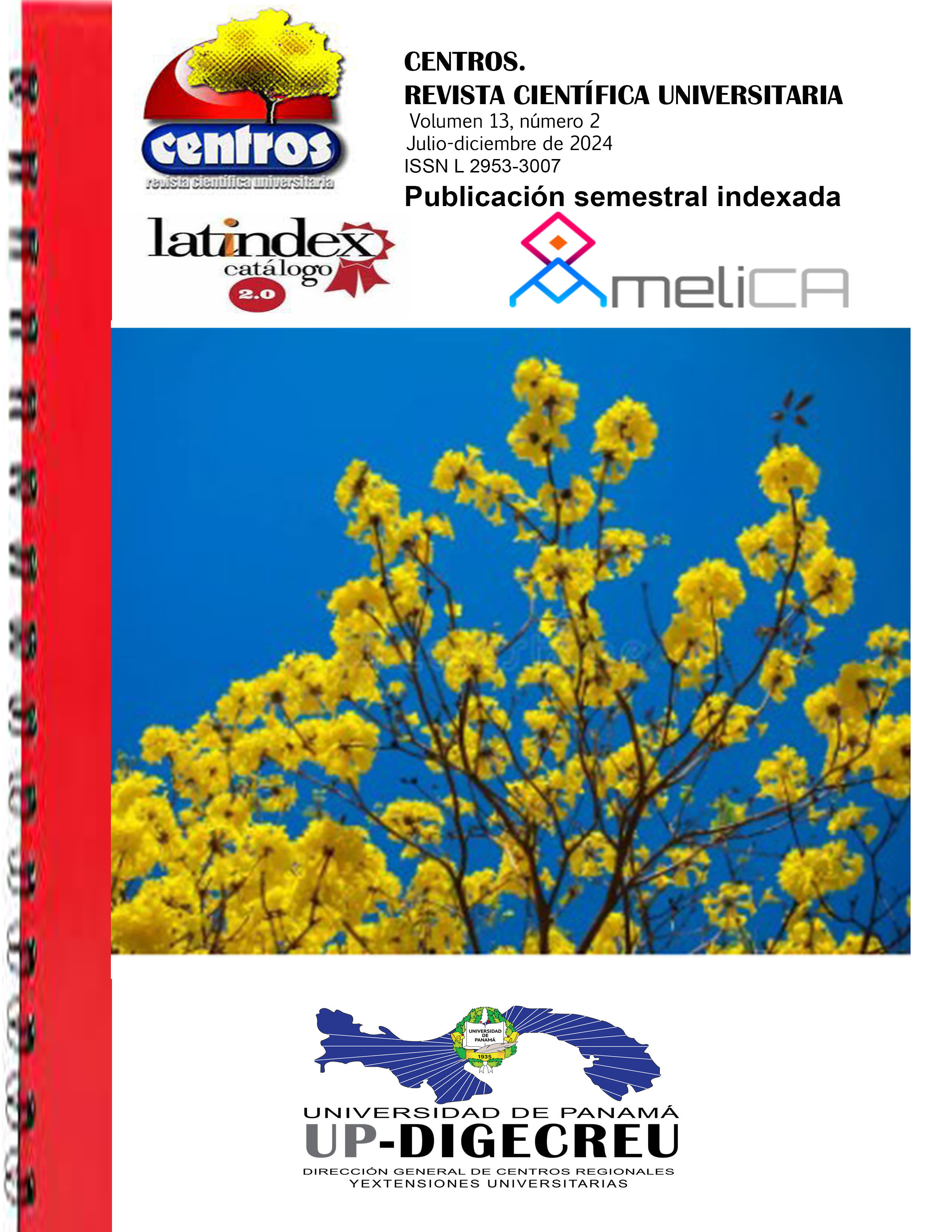

Copyright (c) 2024 Centros: Revista Científica Universitaria

This work is licensed under a Creative Commons Attribution-NonCommercial-ShareAlike 4.0 International License.
Risk communication is essential in the response to public health emergencies to inform vulnerable populations about potential risks to their health that allow them to adopt measures for their protection. During 2022, an outbreak of monkeypox occurred worldwide, which was later declared a public health emergency of international concern. In this sense, the purpose of this review article was to characterize risk communication at a global level during the outbreak of this disease.
Methods: a review of five bibliographic managers was carried out, identifying keywords on articles published one year after the start of the global outbreak. 21 articles published in the reviewed bibliographic managers were obtained that addressed the management of risk communications during the monkeypox outbreak at a global level. These articles coincided in the predominance of affected people among the groups of men who had sex with other men, which led to the development of stigma and discrimination in the management of information. Stigma and discrimination towards sexually diverse populations predominated in media content and recommendations from the health sector. It is recommended that risk communication in the case of monkeypox be focused on the transmission of information based on evidence, on epidemiological behavior and emphasizing the highest risk population, but without excluding the rest according to the patterns of transmission of this pathology.